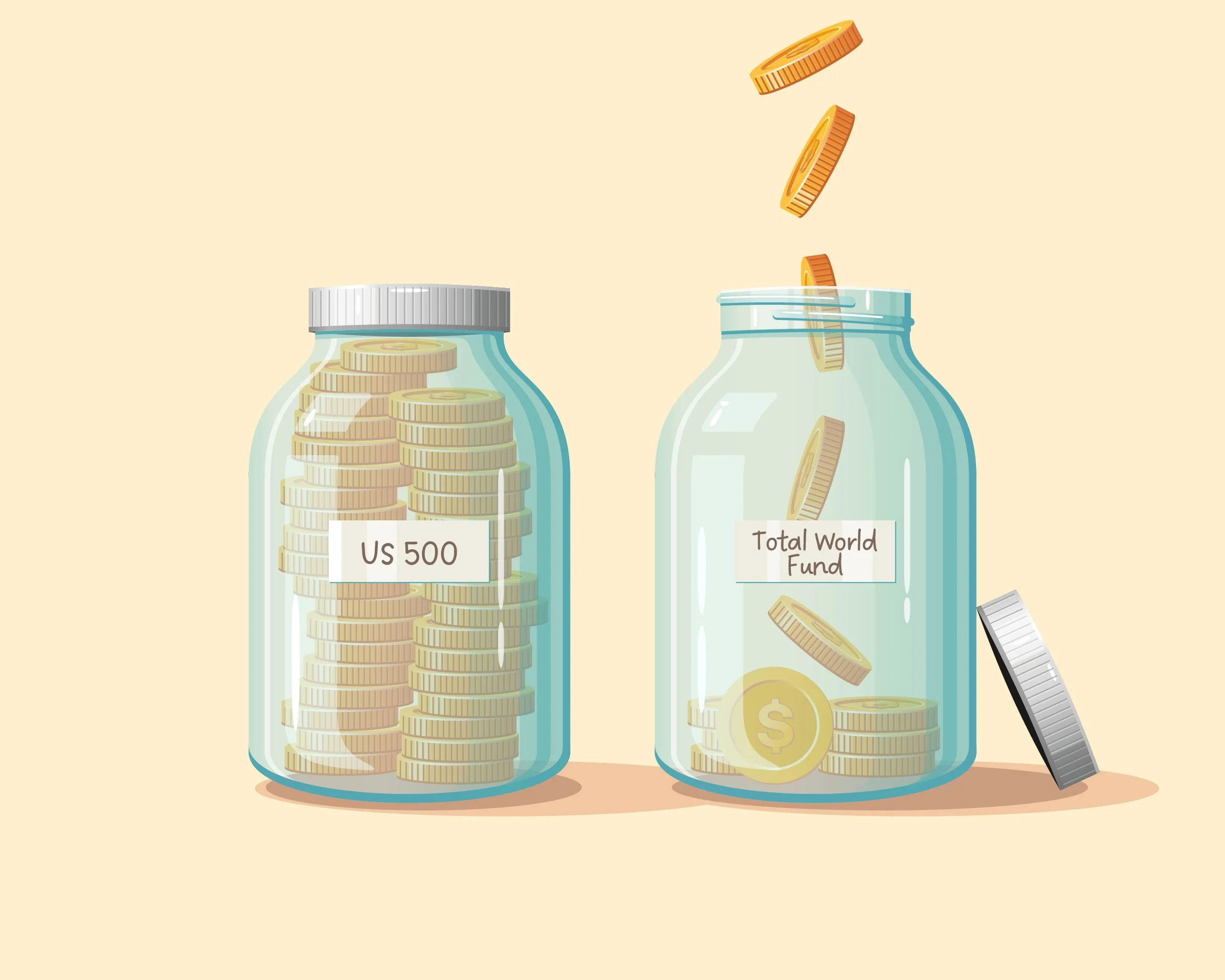The content I’ve created on applying The Barefoot Investor book to New Zealand remains some of the most regularly viewed on The Happy Saver, with collectively close to 100,000 views. I continue to gift his book to others because I believe it’s a perfect guide to getting on top of your finances. If you were to combine his book with Rebel Finance School’s free online course, you could pretty much call yourself “financially literate.” Since The Barefoot Investor remains so popular, it's time for me to update the March 2020 blog post I wrote, so that all those people reading the book for the first time, as well as those following along with The Barefoot Investor principles, have a reliable New Zealand resource to turn to.
All in KiwiSaver
KiwiSaver’s Government Contribution is Being Cut – Here’s What I’m Doing About It
Every June, I check in with our KiwiSaver accounts to make sure we’re on track to receive the annual government contribution. If you put in at least $1,042 by the 30th of June 2025, the government will deposit $521 into your KiwiSaver account; a welcome little bonus for those of us thinking ahead to retirement. But from 1 July 2025, that bonus will be cut in half, dropping to just $260 a year. With the government’s contribution shrinking, yet again, it’s time for me to rethink my strategy. In my recent fortnightly email, I mentioned that I was considering ceasing payments into my KiwiSaver. My friend Wayne questioned that move, so I wanted to explain a bit more about what I’m planning on doing with my KiwiSaver, and what Jonny and I are planning as a couple, especially given we will be retiring in our fifties.
Mortgage or Investing? Why Not Both?
Andrea asked me this question, “Mortgage vs investments... One or the other, or both?” With two young kids, a $240,000 mortgage, and an eye on the share market, she’s wondering if delaying investing to get rid of the mortgage is the best move, or if she’s missing out on valuable time in the market. As our KiwiSaver balances grow as a nation, plus people become aware of share market investing as a successful way to make money outside of housing, more people question whether putting additional payments towards their mortgage is the ‘right’ thing to do. Would they become wealthier if they reduced their mortgage payments and invested that money instead? The fear of missing out is real.
I have stopped buying the US 500. Well, sort of.
Managing our money is never ‘done’. I am constantly tweaking and adjusting. Whether for the little things like an increase in our weekly rates bill, or preparing for a bigger expense. Our income and costs are constantly in flux, and we need to keep monitoring and evolving with those changes. The time has come to tweak our investments. Which is why, once I was up and running with our new KiwiSaver provider, I turned my attention to our US 500 ETF and began researching whether we should also slightly adjust our direction with this investment.
Looking for a Friend to Chat Money With?
There’s no shortage of money advice out there, but sifting through it all can be exhausting. You can research endlessly, but much of what you find is complex, conflicting, or comes with a sales pitch. Sometimes, what you really need is a straightforward conversation with someone who isn’t trying to sell you anything—just a friendly kōrero about money. Over the years, I’ve had the privilege of being that person for many Kiwis looking for practical, no-nonsense financial information. Whether it’s answering emails, chatting in passing, or sitting down for a Phone A Friend, I love helping people gain clarity and confidence with their money. If you’ve ever wished you had someone to talk things through with, I’m happy to help. In fact, one of these conversations just last week inspired this blog post.
How much money do I need to have invested at 65?
It may be because my ears are finely tuned to anything money-related, but there seems to be increasing talk of saving for retirement. More specifically, people are not investing enough for retirement. Organisations are panicking on our behalf as they watch Kiwis nonchalantly wander their way to retirement, in many cases hopelessly unprepared, having barely given the financial side of stopping work a thought. I’m well ahead of the game here, as I’ve been thinking about—and financially planning for—our eventual retirement for years. I have a question for you. If you woke up tomorrow and found you were now 65 and would receive government superannuation but no longer worked, as your financial situation stands today, could you survive financially?
Why I Changed KiwiSaver Providers
Over the last six months, I’ve had the dawning awareness that it was time to take a deep dive into my KiwiSaver fund. From everything I’ve read and watched, and from the people around me who know about KiwiSaver and investing in general, it was becoming clear that my Simplicity High Growth KiwiSaver fund might have got me to this stage in life, but it's not appropriate for the next chapter.
Your emails keep me busy, and I’ve picked a few to share with you.
My inbox is cluttered with hundreds of different threads of conversations, which in turn means I struggled to find a true focus for a blog post this week. But I often think I’m receiving and sending out some real wisdom, and it's a shame it never reaches a broader audience. So, today, I’ve scrolled back through my inbox from the last week or two and pulled out a few threads from some emails I’ve received.
I quit my job!
In a recent blog post, I rebalanced our investment portfolio; this time, I’m rebalancing my life. I resigned from my PAYE job. I’m another step closer to early retirement, and I’m VERY excited about it! I always looked forward to working on Wednesday and Thursday each week, and deciding to leave a job I enjoy, plus giving up $20,000 a year, has been challenging.









